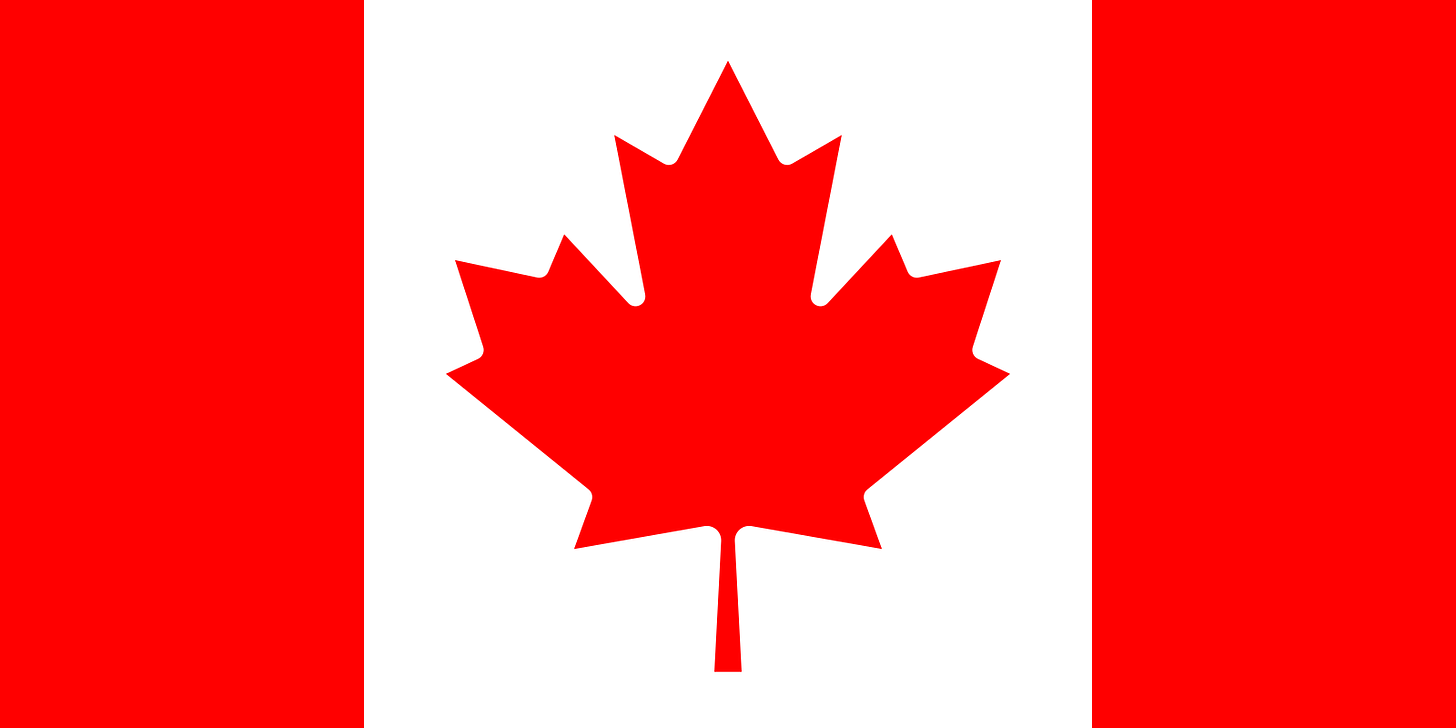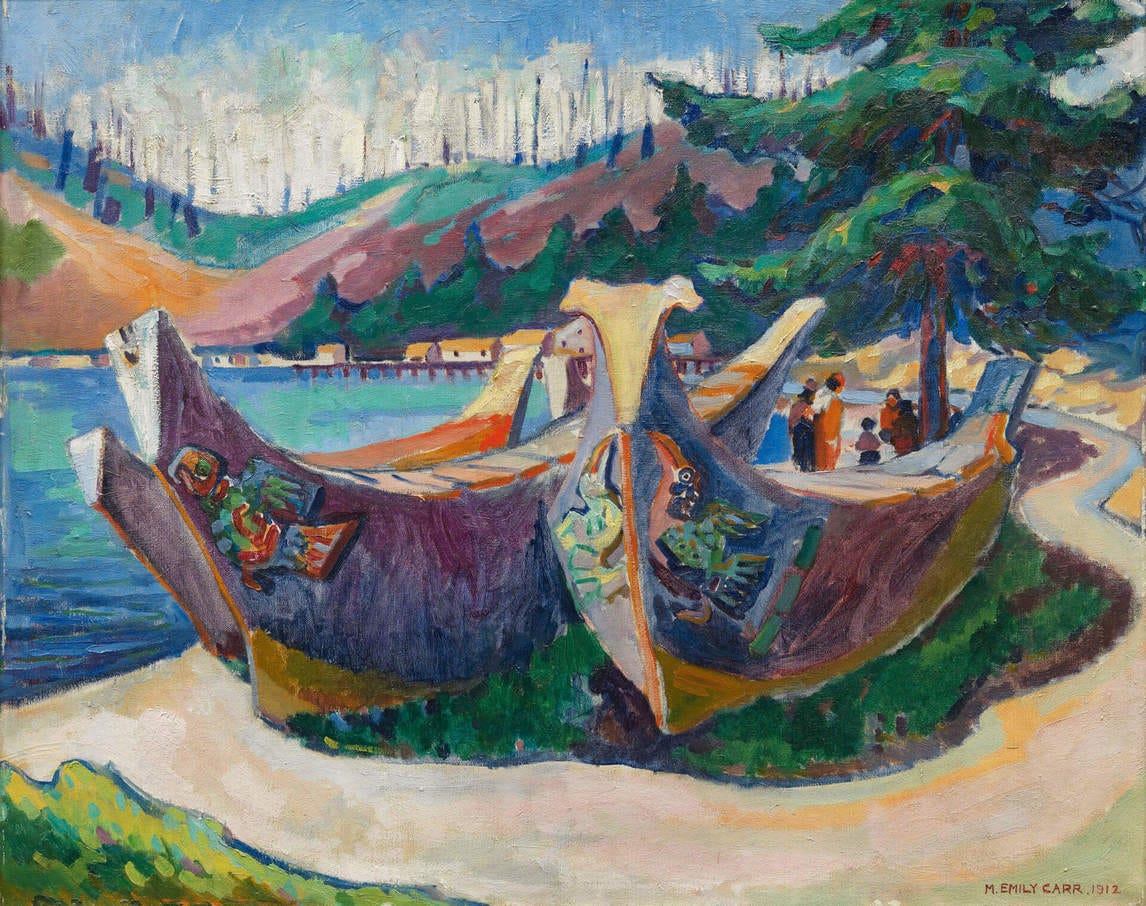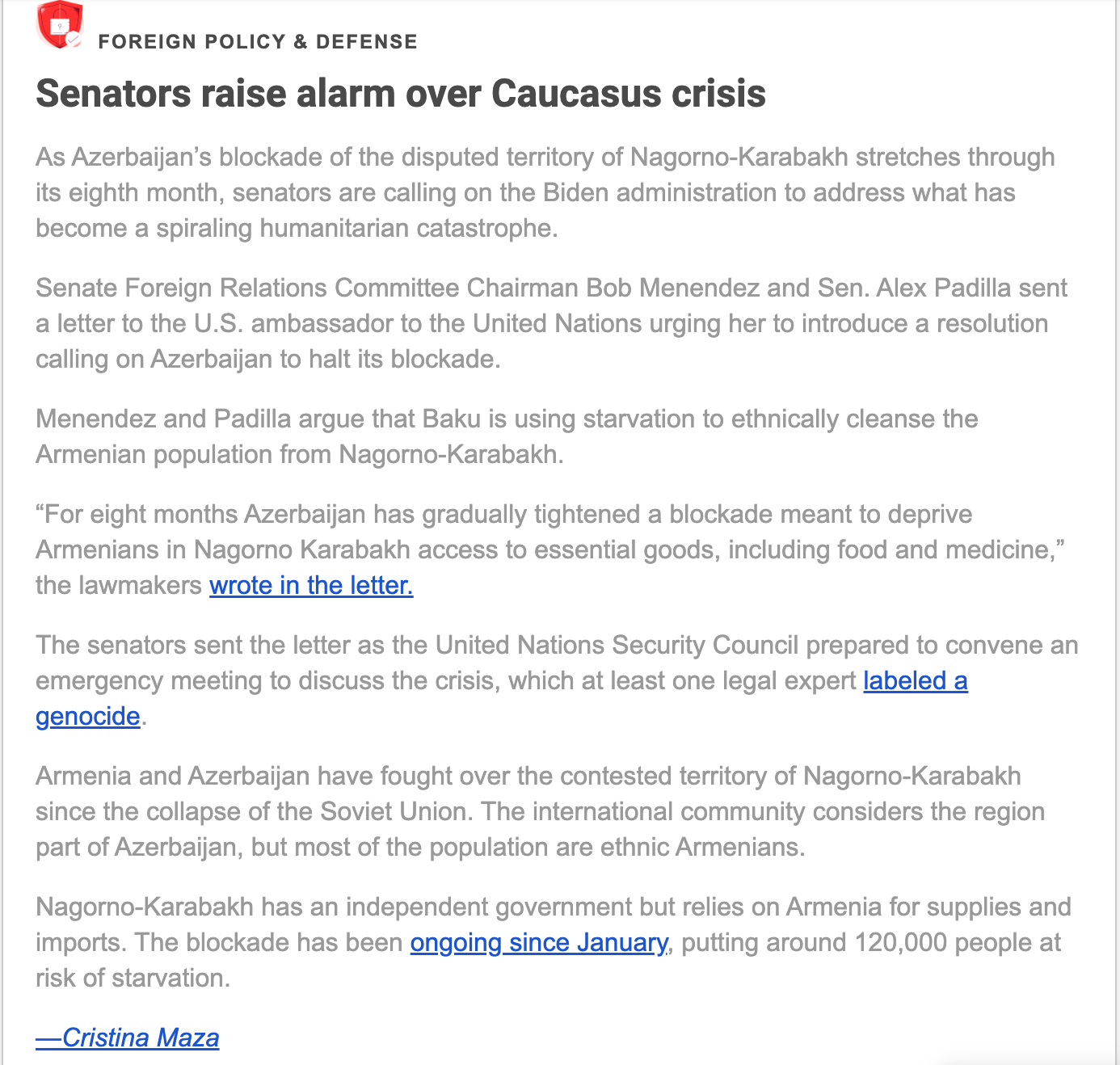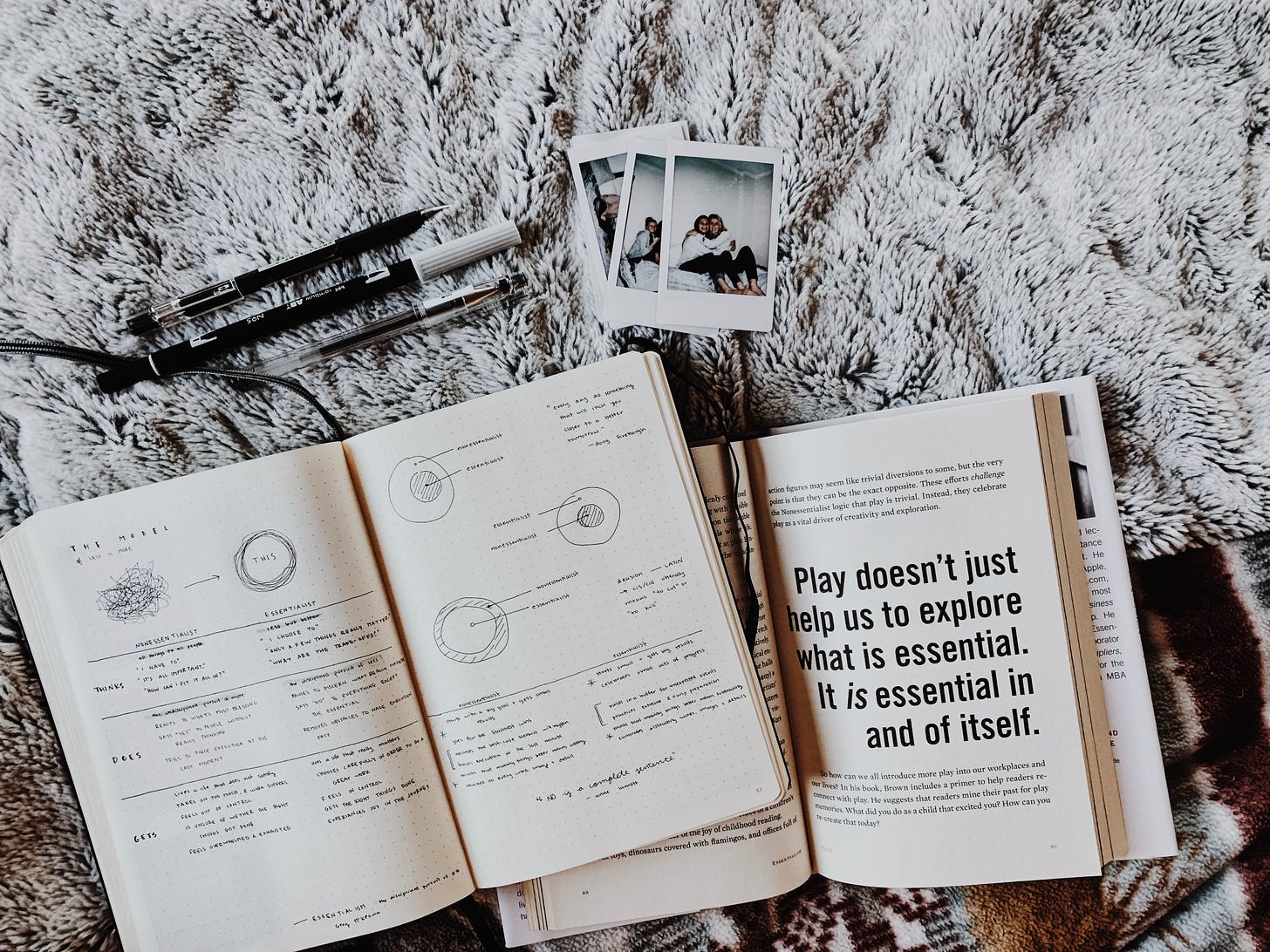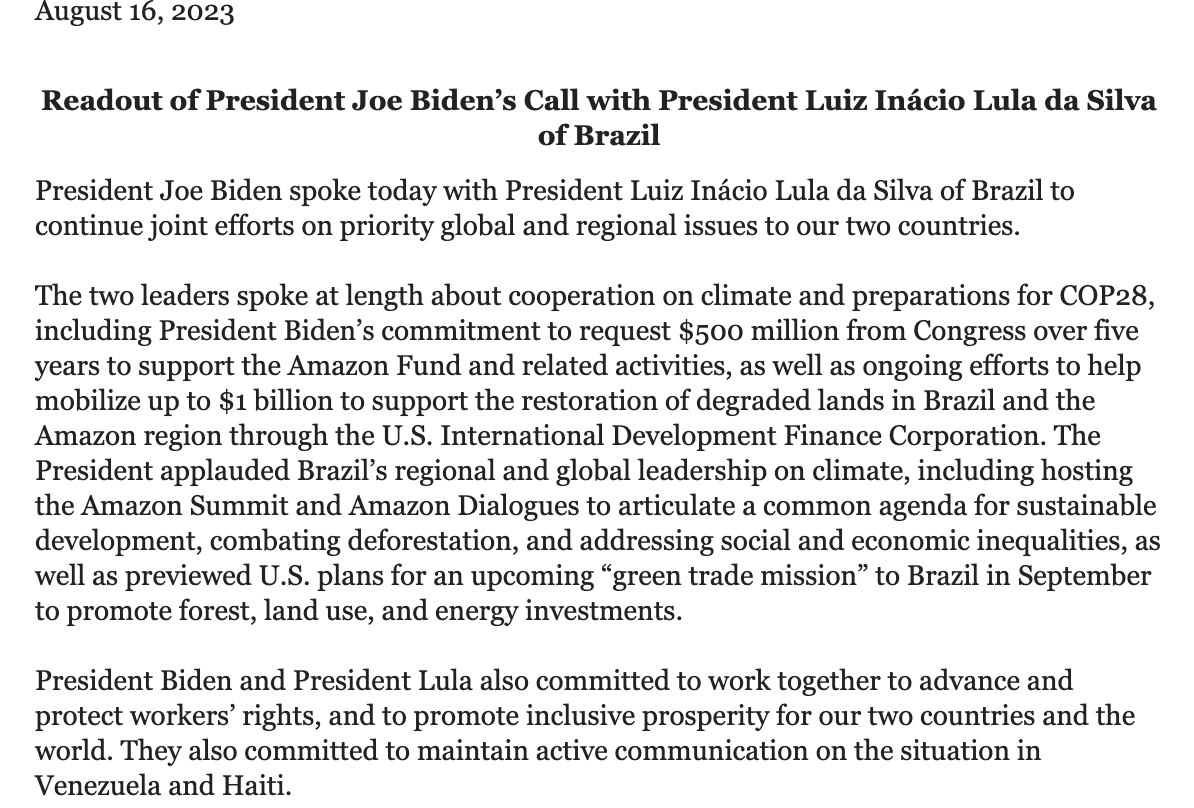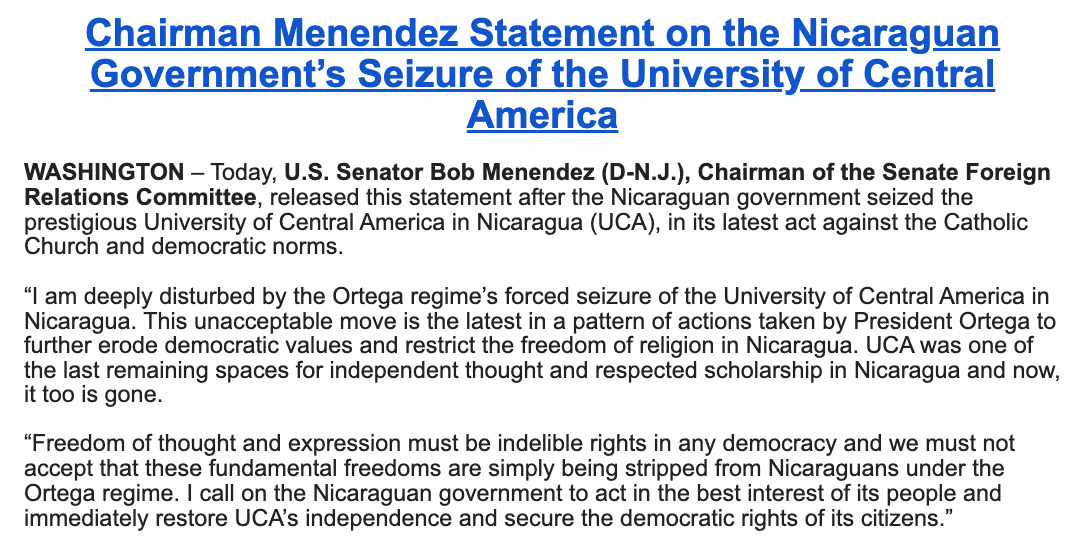Political capitals may have emptied for summer, but it’s been a huge news week absolutely everywhere. Skip to the What I’m Reading section to get right into the news.
This week is about Canada.
Welcome to the 195 series, where I take you on a mini-tour of every country (and maybe some places that want to be countries). Each week I'll feature a new location. Some you may have heard of, while others may be new to you. The point is to learn and nurture our curiosity about the wider world. Maybe you'll find a new artist or musician you like, too. You can skip to the bottom if you only want the week's news.
Country Info:
Population: Roughly 38.25 million.
Current government: I know we all think of Canada as that boring, sleepy country up north that’s a saner version of the U.S., a place full of moose, where they elongate their o’s and, for whatever reason, still recognize the English monarch as their head of state. OK, maybe that’s just me.
But it seems like a fair assessment. Canada is a constitutional monarchy, after all. The Prime Minister leads the government, and the photogenic Justin Trudeau has been Prime Minister since 2015. That’s a lot of continuity without a ton of political drama.
But Canada has more going on than all of that. In fact, when I googled ‘Are Canadian politics boring?’ to prepare for this newsletter, I discovered an entire podcast dedicated to debunking the myth that Canada is, well, calm and problem free. If you want a giggle, check out their utterly ridiculous intro music video:
I’ve visited Canada quite a few times. As a kid, my family and I traveled by car around the Canadian east coast. My favorite trip was to Prince Edward Island because it was the staging ground for my erstwhile favorite books and miniseries, Anne of Green Gables. As a girl, I was obsessed with the fictional town of Avonlea and the island’s famously red beaches. That was quite idyllic, and I learned a lot about the history of Scottish and Irish immigration to the island.
Prince Edward Island still has the world’s foremost piping and Celtic performing arts school. I saw some concerts there, and they were AWESOME.
Later, when I attended university on the West Coast of the U.S., my friends and I went on a few road trips to Vancouver, which was a short drive away. That was a whole different vibe.
I saw lines and lines of drug addicts waiting in front of clinics for clean needles and learned about the region’s harm-reduction approach to addiction. Possessing small amounts of fentanyl, heroin, cocaine, and other hard drugs is now allowed in Vancouver province. But the region still has a significant drug problem.
In Vancouver, I met social justice activists campaigning for the rights of indigenous people. We later learned that Canada has a sordid history of stealing hundreds of thousands of indigenous children from their families and sticking them in residential schools for re-education.
That practice, which took place in the 1880s and continued for most of the 20th century, resulted in numerous deaths. Archeologists discovered hundreds of unmarked graves in 2021 at an old school in Canada, catapulting the tragedy and history of government-sanctioned abuse into the spotlight.
Canada also experienced a somewhat recent corruption scandal called the SNC-Lavalin affair, which threatened Prime Minister Trudea’s party and his reelection. Canada’s CBC described the situation like this:
The scandal all centres on one key question: did the prime minister, someone in his office or other government officials try to pressure Jody Wilson-Raybould when she was attorney general to step in and resolve the corruption and fraud case against SNC-Lavalin Group Inc. in an effort to spare the Montreal-based engineering giant from criminal prosecution?
And then, of course, there were Canada’s trucker protests of 2022, sparked because the government required Canadian cross-border truckers to be vaccinated against COVID-19.
Not to mention the perennial question of whether the francophone region of Quebec will seek independence. Spoiler alert: probably not. Or whether Canada’s mining industry and oil sands are destroying the environment. Quick take: Yes.
When you look at all of this together, Canada doesn’t seem so perfect and put together after all.
Nevertheless, I still have a few Canadian spots on my bucket list, including the annual Future Forest Festival and the city of Winnipeg, which a travel company I follow described as a “prairie city with an outsized art scene.”
Religion: According to the Pew Research Center, “a declining share of Canadians identify as Christians, while an increasing share say they have no religion.” Over half of the population still identifies as Christian, but most say it’s unnecessary to believe in God to be moral and have good values.
I agree, Canada!
Standout artist: Emily Carr, a Canadian artist who portrayed the Indigenous peoples of the Pacific Northwest Coast.
Standout film: Beans. Based on actual events (the 1990 Oka Crisis), this 2020 film was directed by the Mohawk-Canadian filmmaker Tracey Deer. It showcases events Deer lived through as a child from the perspective of a young Mohawk girl. You can read about the real Oka Crisis here.
A surprising thing: Some people put human toes in their cocktails. No joke. The sourtoe cocktail was invented in Dawson City, Yukon, where people order a shot of whiskey with a severed human toe.
People allegedly donate toes that have fallen off from frostbite, and there’s a hefty fine if you swallow one.
Story of the week: Thousands of residents are rushing to evacuate the capital of Canada’s Northwest Territories, Yellowknife, as more than 200 fires burn across the region, CNN reports. The Guardian has a story about how Meta’s (AKA Facebook’s) news ban in Canada affects communication amid Canada’s wildfires.
What I’m writing:
• Congress is gearing up for yet another fight over how to pass funding for Ukraine. The debate will test Congress’s resolve to continue arming Kyiv even as some support for the war begins to wane and the spring offensive yields disappointing results. This story is unlocked and free to read.
My weekly news blurbs:
What I’m reading:
Photo by Noémi Macavei-Katócz on Unsplash
• Read Russian journalist Elena Kostyuchenko’s powerful essay about how her government tried to kill her, in this essay for Meduza, which was translated and republished by N+1.
• Open Society Foundations informed organizations in Hungary that a decision by its board would end most of its activities in the European Union, Radio Free Europe reports.
• Stian Jenssen, the chief of staff to the NATO secretary general, apologized for saying Ukraine could give up territory to Russia to join NATO and end the war, the Guardian reports. He later clarified that the statement “was part of a larger discussion about possible future scenarios in Ukraine, and I shouldn’t have said it that way.” His clarification suggests that exchanging land for NATO membership could still be a possible outcome.
• Turkey has carved a role for itself as an intermediary in the war against Ukraine, but the country remains far from neutral. “Turkey’s strategic straits are a trade superhighway — and a lifeline for the Kremlin’s war machine,” writes Gabriel Gavin for Politico Europe. He spoke to Yörük Işık, author of Bosphorus Observer, who put together evidence of Russia’s efforts to acquire sanctioned goods and military hardware.
• Ukraine’s counteroffensive will fail to reach the critical southeastern city of Melitopol, the U.S. intelligence community predicted. If true, this would mean Kyiv will not fulfill its primary objective of severing Russia’s land bridge to Crimea this year. The Washington Post has the story.
• Ukrainian authorities increased pressure on one of the country’s wealthiest oligarchs in exile, Dmytro Firtash, by expanding a corruption investigation into his energy businesses, the Financial Times reports.
• Belarus would use nuclear weapons in the face of foreign “aggression,” President Alexander Lukashenko said, according to CNN. Russia reportedly supplied Belarus with nuclear weapons earlier this year, though it is unclear how many.
• The Biden administration appears to be delaying the renewal of a military assistance program to Azerbaijan as warnings of ethnic cleansing in the breakaway region of Nagorno-Karabakh grow, Politico Europe reports. The waiver to provide aid has been renewed before the summer of each year since 2002, but it has not yet been renewed this year.
• United Nations urged Azerbaijan to lift the Lachin corridor blockade and end the humanitarian crisis in Nagorno-Karabakh.
• Two Russians accused of spreading propaganda for the paramilitary organization Wagner Group in Poland were arrested and charged with spying, Reuters reports.
• Three Bulgarian nationals suspected of spying for Russia in the United Kingdom were arrested and charged with possessing identity documents with “improper intention,” the BBC reports.
• Latvia’s Prime Minister Krišjānis Kariņš announced he is resigning and pulling the plug on the three-party coalition government he leads, Politico Europe reports. He invited his center-right New Unity party to nominate a new candidate for prime minister.
• The junta that seized power in Niger threatened to prosecute President Bazoum “for high treason and undermining the internal and external security of Niger,” Politico reports.
• The West African regional bloc ECOWAS’ standby force, intended “to restore constitutional order” in Niger, could take months to begin operations, the Wall Street Journal reports.
• West African military chiefs are meeting to prepare for a possible military intervention in Niger if diplomatic efforts to restore civilian rule fail, Reuters reports.
• Javier Milei, a far-right libertarian candidate who proposed abolishing the central bank and adopting the dollar, won Argentina’s open presidential primary election, the New York Times reports.
• Cambodia’s incoming Prime Minister, General Hun Manet (the son of longtime Prime Minister Hun Sen), hosted Chinese Foreign Minister Wang Yi and assured him that Cambodia’s new government would maintain an “unchanged stance” on Bejing’s one-China policy and a “non-interference policy” toward China, Voice of America reports.
• China stopped publishing youth unemployment figures after the numbers for June showed a record high of more than 20% in urban areas, the BBC reports.
• Wearing a rainbow-themed Swatch watch in Malaysia could now land you three years in jail after the government banned what it described as the brand’s “LGBTQ related” products — claiming they are “harmful to morality,” CNN reports.
• Hundreds of young Taliban soldiers, bored with running Afghanistan, have crossed into Pakistan illegally to fight alongside an insurgent group, the New York Times reports. Many fighters are determined to continue waging jihad, raising fears about violent extremism spilling out of Afghanistan.
• The paramilitary Rapid Support Forces in Sudan killed hundreds of non-Arabs as they fled El Geneina, the capital of West Darfur, evidence gathered by CNN indicates.
• At least 27 people were killed and over 100 injured as fighting erupted between Libya’s factions in the capital city, Tripoli, the Associated Press reports.
Interesting statements:
You can write to me for any reason: c.maza@protonmail.com






